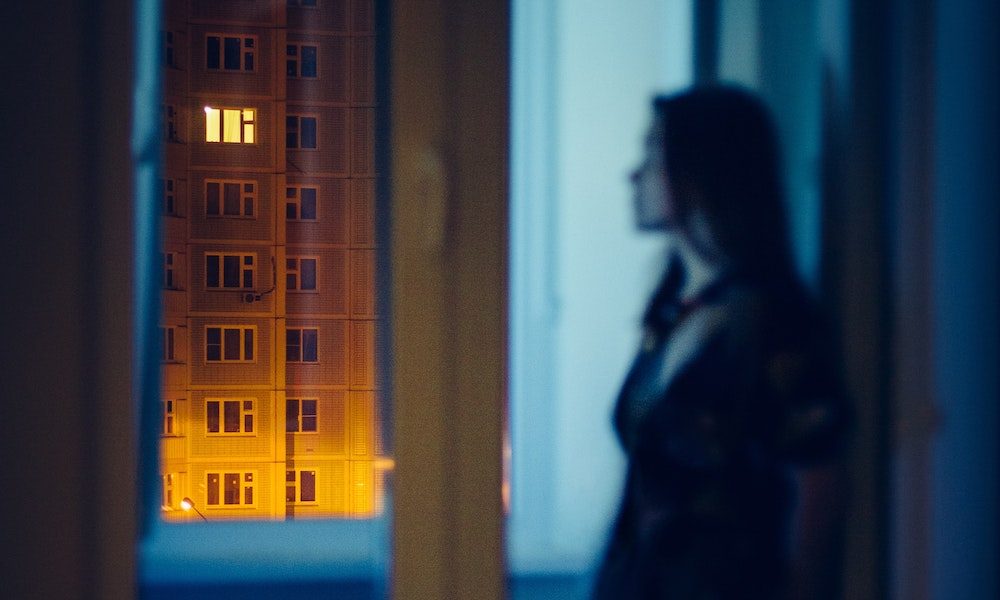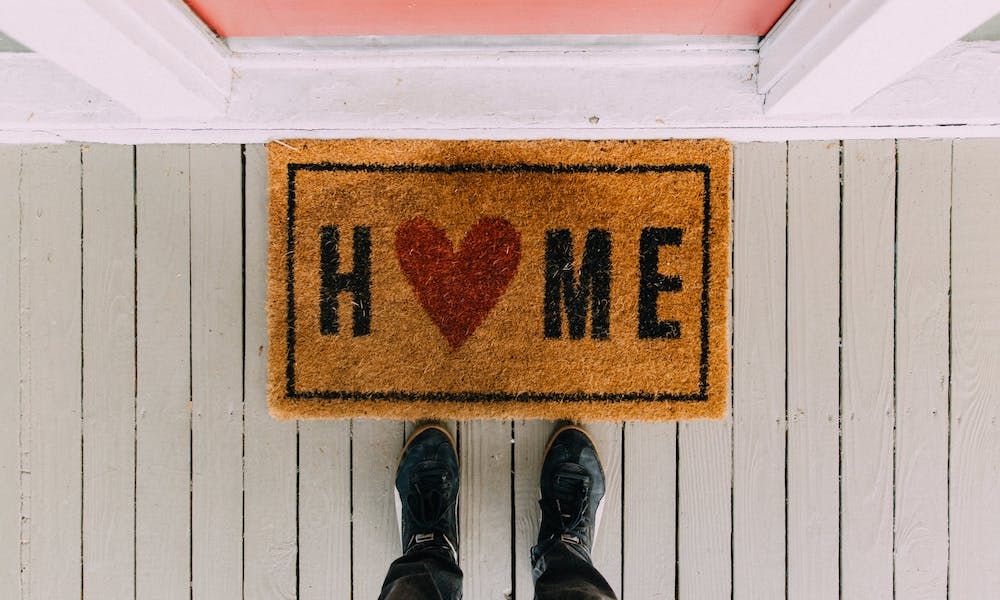How Long Is Too Long To Stay Indoors?

It’s no longer an uncommon question to ask ourselves how long we should be spending indoors. Being inside a lot more was a huge part of a changed lifestyle most of the world adopted during the COVID-19 pandemic. Now, two years later, as regulations have begun to lift and we’ve started venturing out again many have realized things won’t just “go back to normal.”
In many ways, our way of life has transformed, especially when it comes to how we work and spend our free time. From large corporations to startups, employers have had to adapt to the idea of different working conditions. With 55% of employed adults working from home and reporting that they’re managing to stay productive, the traditional idea of working in an office is becoming less prevalent.
Since the public places we normally frequent have likely enforced longstanding social-distancing ordinances, we’re also making different choices for where we go and how long we stay there. That can cause some uncertainty or reluctance when deciding whether to go out or not.
Which could cause us to stay indoors a lot more than we should. Even if you happen to be someone that can be alone and inside for an extended period of time comfortably, there are still some things to keep in mind. Like the psychological and emotional impacts to staying inside most of the time, that could easily go unnoticed if you don’t know how to recognize them. Find out exactly how long is too long for you to stay indoors with the signs listed below.

What Medical Experts Say
The verdict by the medical research community is that there are definitely harmful effects to being indoors and alone for a considerable period of time. How long? Well, going off of the time period used on medical participants, specifically over a month inside.
In a study focused on emotional distress three group types were examined; people who were working from home, people who continued working in an office and lastly, those who were unemployed but isolated themselves at home during the pandemic.
It was found that people who were unemployed and socially-isolating indoors felt the most distress, while those continuing to work at the office and at home experienced less emotional distress and higher life satisfaction.
A notable determinant for satisfaction that related to each group was related to exercise. Those who worked out for a half an hour or less felt more satisfied than those who didn’t exercise or seemed to over-exercise by working out for more than 2.5 hours a day. Another consideration was if people were keeping themselves occupied with a house project or even just spending time on a hobby.

You Start to Feel Restless + Anxious
One of the greatest telltale signs of feeling like you’ve been cooped up inside too long is feeling restless and or anxious. If you can’t seem to stay still for long or focus on anything, then it might be a sign from your body that you’re ready to be outside again. But if your quarantining or need to stay indoors for others reasons, you can still relieve those feelings while inside.
A common reason for feeling restless is because you naturally crave social interaction, and are accustomed to a certain level of it to feel normal or satisfied. If you live alone, you’re more likely to feel uneasy about being inside for a long time.
It’s important to acknowledge how you feel and reach out to connect with others before you feel socially disconnected. A quick phone call or video chat session should help alleviate your anxiety, but if even that can’t be arranged, just communicating through messaging should still have a positive impact.
Another strategy is to try to schedule some time to be active, either through exercise or staying busy with other activities that get you moving. Make a to-do list or plan your day out so you don’t find yourself doing a mindless pastime that could exacerbate your restlessness and anxiety.
Related: 5 Tips For How To Stay Fit As A Recluse Or Homebody

You Become Reluctant To Go Out Again
If you notice that you start to dislike the idea of being outside, basically ever again, then you should take it as another sign that you should do the exact opposite.
Being inside willingly because it makes you more comfortable is great, but once you start to dread going out again even occasionally it could mean you’re adopting an unhealthy new way of life. There should be a reason you feel reluctant to go out, so try to remember when that feeling started and how you can resolve it.
If you’re worried about having to face people again or being around them, you might have some unresolved fears associated with the outside world. You could also just have accustomed to a life indoors that still allows you to fulfill your needs. Don’t feel limited by fears or settle into a life that might seem comfortable but has you closed off.
When you start to think it’s unnecessary to be outside again, or you can’t remember the last time you did go out, that should be an obvious indication that you’re long overdue for some time outdoors.
Antoinette Maven
Latest posts by Antoinette Maven (see all)
- Do Introverts Have Poor Social Skills? - April 25, 2024
- How to Advocate for Change as an Introvert - April 22, 2024
- The Great Bookworm Debate: E-Books vs. Physical Books - April 18, 2024







